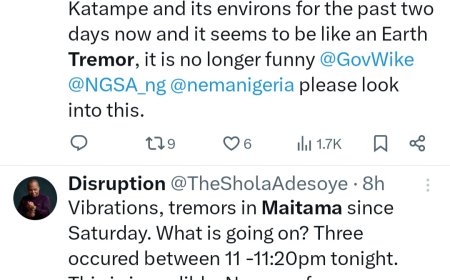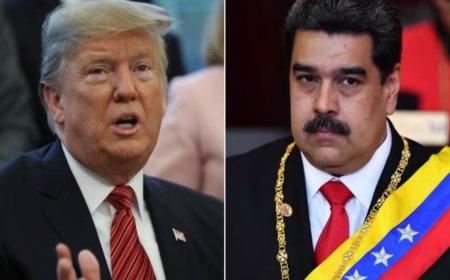"China's Crackdown on VPNs: A New Era of Internet Censorship?"
China's government appears to be intensifying its crackdown on VPN usage, with recent arrests and slower VPN speeds raising concerns about stricter internet censorship. This article explores the recent developments in China's approach to internet censorship, highlighting the arrest of a VPN user and the reported decline in VPN performance. It delves into the implications of these actions, questioning whether the government is tightening its control over online freedoms.

Earlier this month, the police in Fujian province issued a stern warning: "The internet is not beyond the law!" This warning followed the arrest of a man identified as Mr. Gong, who had been using a virtual private network (VPN). A VPN is a tool that can make a computer or mobile phone appear as if it is located in another country, allowing users to bypass China’s stringent online censorship system, often referred to as the "Great Firewall." The police claimed that by using a VPN, Mr. Gong had enabled "false foreign information" to enter China.
In China, accessing a VPN without official approval is illegal. However, in practice, users are seldom penalized. This is largely because the government recognizes the practical advantages of VPNs. Without them, it would be difficult for foreigners to visit the country, and local businesses might struggle to connect with international customers. Therefore, Mr. Gong’s arrest has come as a shock. According to the police, his last use of a VPN was four years ago. Many online speculate that the authorities are trying to set an example with his case.
The broader concern is whether the government is generally cracking down harder on VPN use. In recent months, several popular VPNs have become less reliable. Users have complained about difficulties accessing blocked sites like Facebook and Google. On Weibo, a social media platform, some users have remarked that their "ladders" over the Great Firewall have broken.
These complaints are supported by data from GreatFire, a censorship monitoring group. Over the past 60 days, ExpressVPN, one of the most popular VPN providers, has seen its service in China run 41% slower compared to the previous 60 days. Similarly, Astrill VPN has experienced an 11% slowdown over the same period. In total, eight out of the ten VPNs tracked by GreatFire have seen a decline in speed in China.
While such disruptions have occurred before, they typically align with significant political events, such as the annual meeting of China’s legislature. No such events are happening at the moment. Another possibility is that China's censorship apparatus, which has tightened in recent years, is behind the issue. Topics that were previously safe to discuss critically online, like the economy, are now considered sensitive. A co-founder of GreatFire suggests that the government may be reassessing whether the benefits of VPNs still outweigh the risks.
This article appeared in the China section of the print edition under the headline “Access delayed”
What's Your Reaction?












































![Meet the Contestants of The Next Big Thing [TNBT]](https://flashupdates.com.ng/uploads/images/202508/image_430x256_688e0cb7c6806.jpg)
























